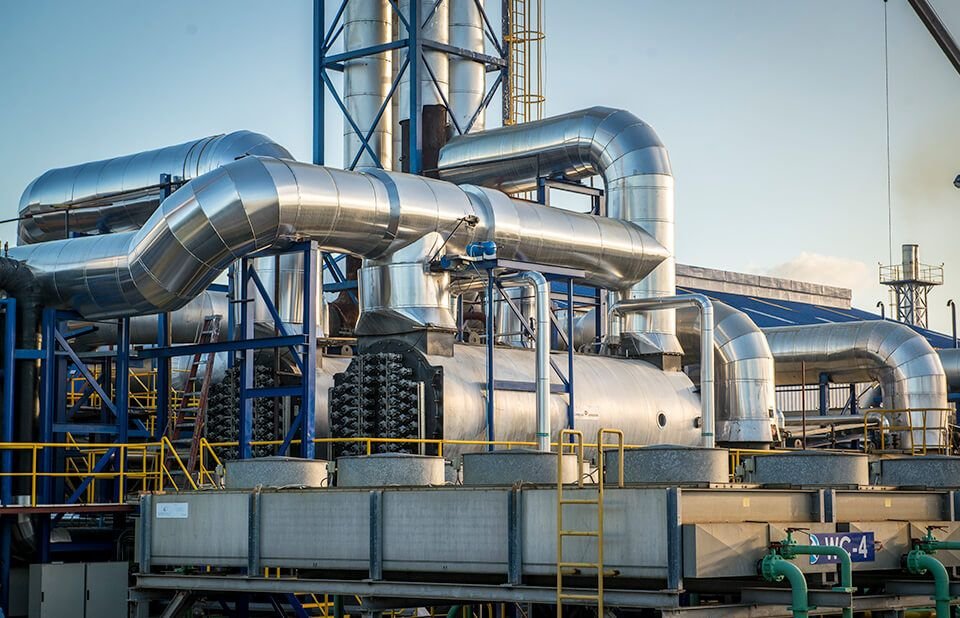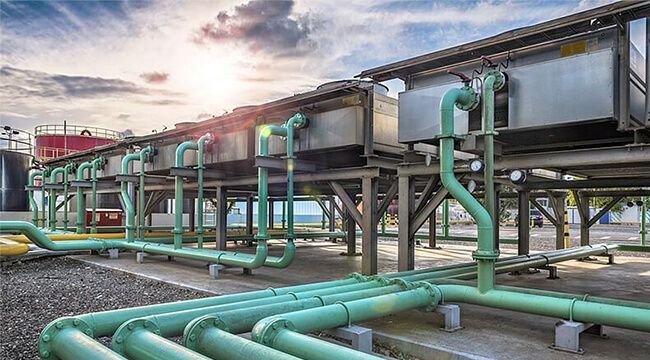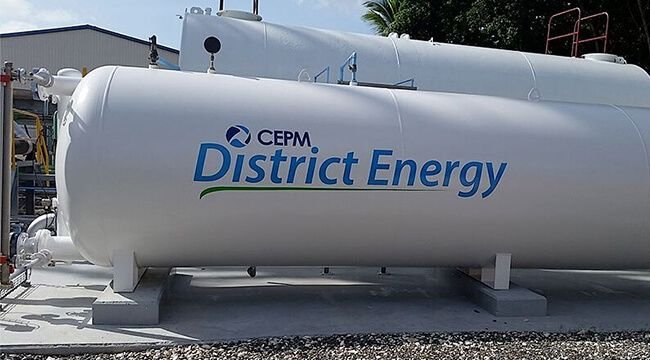Circular Economy
The circular economy is a concept that is interrelated with sustainability, and whose objective is that the value of products, materials and resources (water, energy …) remain in the economy for as long as possible, and that the generation of waste is reduced to a minimum. It is about implementing a new, circular -not linear- economy, based on the principle of “closing the life cycle” of products, services, waste, materials, water and energy.
We at InterEnergy believe that promoting th circular economy is key to a better, cleaner and more sustainable world. That is why it’s an essential part of our sustainability strategy and represents an opportunity for climate action and furthering the energy transition.
Our sustainable energy model, which is committed to the decarbonization and electrification of the economy, in addition to innovation, is directly aligned with the circular economy through the reduction of emissions, the use of renewable resources for production, the improvement of efficiency, the optimization of resources and the maximization of the use of waste.
More than 60% of our installed capacity comes from low-carbon renewable and gas assets and we invest annually in new renewable assets.
Closing the loop while reducing greenhouse emissions
How does it work?
The route of the pipeline of the District Energy system between CEPM’s generation plant and hotels is 14.5 kilometers long, covering a radius of 4 kilometers. In the industrial area of the hotels there are absorption chillers installed to produce chilled water, and heat exchangers to produce hot water. In CEPM’s generation plant we take advantage of waste heat from the power generation process to produce high temperature hot water. The hot water provides the thermal energy required to operate the absorption chillers and the heat exchangers.
This project allows savings of close to 30% in the operating costs of hotels and avoids the emission of 28,000 tons of greenhouse gases per year.
Closing the loop in the plastic sector:
In order to promote the circular economy in the plastic sector, we have signed an agreement with Nuvi in the Dominican Republic. Nuvi is the largest private alliance that seeks to create a culture of reduction, reuse, recycling and use of waste. The first Nuvi program is the recovery of plastic bottles to turn them into raw material for new products. We collect all the PET bottles in our plants, commercial offices and administrative offices in the Dominican Republic and send them to Nuvi to be reprocessed.


